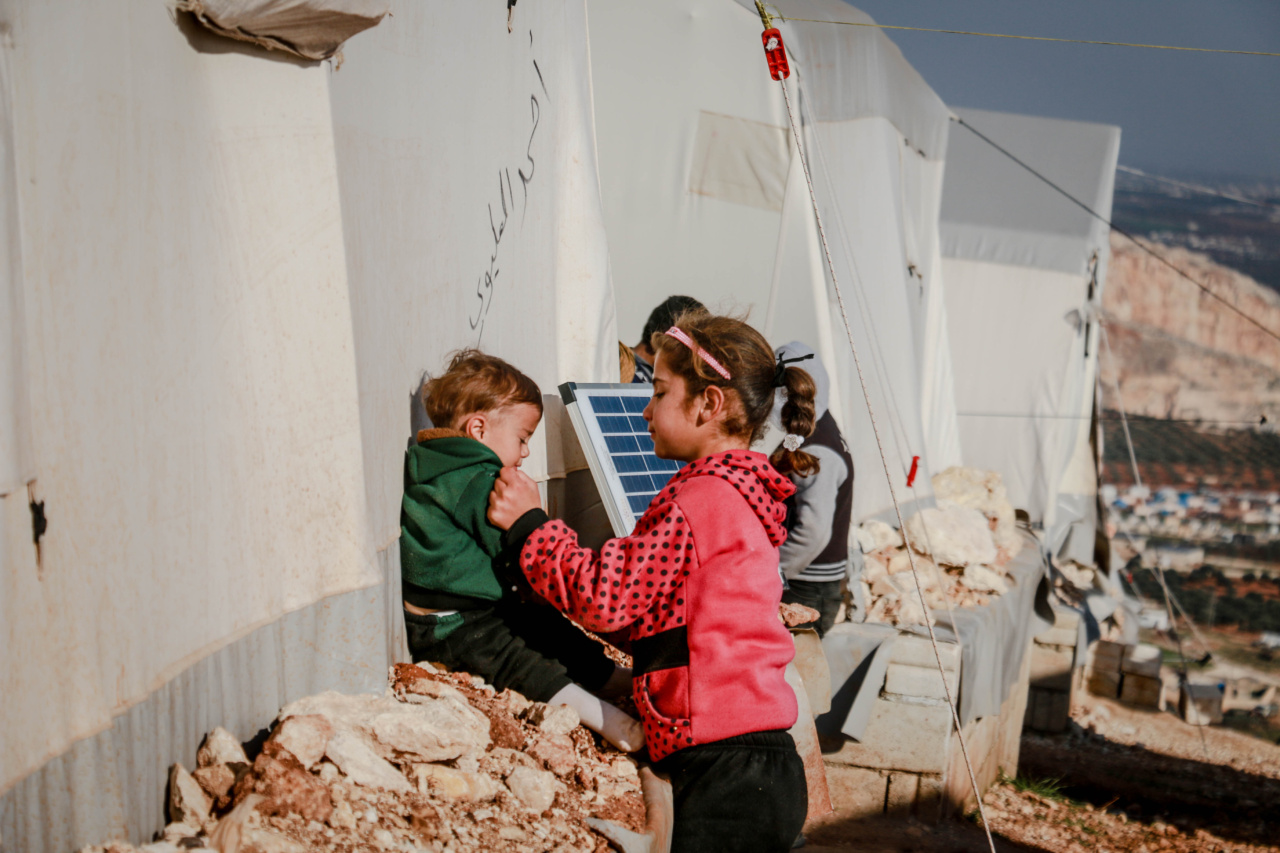War and nuclear accidents are two catastrophic events that can have far-reaching consequences, causing immense damage and loss of life.
These devastating occurrences not only have a direct impact on the affected regions but also result in significant financial ramifications. Insurance claims play a crucial role in mitigating some of the financial burden, providing much-needed assistance to the affected parties. In this article, we will explore the intricate relationship between war, nuclear accidents, and insurance claims.
Historical Evidence of Nuclear Accidents during War
Throughout history, several instances have demonstrated the direct link between war and nuclear accidents.
One of the most notorious incidents occurred in 1986 when the Chernobyl nuclear power plant in Ukraine suffered a catastrophic meltdown during the height of the Cold War. The explosion and subsequent release of radioactive materials not only caused significant environmental and health hazards but also resulted in a multitude of insurance claims.
In recent times, another significant example is the Fukushima nuclear disaster in Japan in 2011. The aftermath of a massive earthquake and subsequent tsunami led to a complete meltdown at the Fukushima Daiichi nuclear power plant.
The repercussions of this incident were devastating, leading to enormous financial losses and a surge in insurance claims.
The Impact of Nuclear Accidents on Insurance Claims
Nuclear accidents have profound implications for insurance claims. The scale and severity of damages caused by these accidents often surpass the limits of traditional insurance coverage.
Given the extensive and long-lasting effects of radiation exposure, the adverse consequences on human health, property, and the environment can be immeasurable.
Insurers play a critical role in assessing the damages resulting from nuclear accidents and determining the coverage provided to policyholders.
The complexity of nuclear accidents necessitates specialized and tailored insurance policies to address the unique risks involved. These policies often incorporate exclusions and limitations, acknowledging the exceptional nature of nuclear incidents.
War and Its Influence on Insurance Claims
War is another major factor that significantly impacts insurance claims. The havoc wreaked by armed conflicts extends beyond direct military engagement, affecting civilian infrastructure and properties.
In times of war, insurers face numerous challenges in assessing damages and processing claims, mainly due to the chaotic nature of conflict zones.
Insurance claims resulting from war-related incidents often face unique considerations. For instance, policy exclusions may be in place for damages caused by acts of war or military intervention.
Furthermore, the geopolitical complexity and international relations surrounding wars can further complicate the claims process.
War and Nuclear Accidents: Combined Impact on Insurance Claims
When war and nuclear accidents occur simultaneously, their combined impact can be catastrophic. The Chernobyl and Fukushima disasters serve as poignant examples of this combined effect.
In such cases, insurance claims become even more intricate, as the damages and risks associated with both war and nuclear incidents intertwine.
Insurers must navigate through complex legal and technical aspects when processing claims resulting from the combination of war and nuclear accidents.
The determination of liability, evaluation of damages, and assessment of coverage become particularly challenging in these situations.
Insurance Coverage for War and Nuclear Accidents
Given the exceptional risks posed by war and nuclear accidents, insurance coverage in these areas is highly specialized and often requires separate policies or additional riders.
These policies aim to provide comprehensive coverage for the diverse range of damages and losses that can occur as a result of wars and nuclear incidents.
For nuclear accidents, nuclear energy liability insurance is essential. This specialized insurance covers damages arising from nuclear incidents, including long-term health effects, property damage, and business interruption losses.
The coverage is typically obtained by nuclear power plant operators and suppliers.
War risk insurance plays a crucial role in mitigating the financial impact of war-related incidents.
This insurance is particularly relevant in regions affected by armed conflicts, providing coverage for various risks, including damage to property, loss of cargo, and business interruptions resulting from war and related perils.
Conclusion
The relationship between war, nuclear accidents, and insurance claims is complex and interconnected.
Both war and nuclear incidents have devastating consequences that extend beyond human lives and the environment, resulting in significant financial implications. Through specialized insurance policies, insurers strive to provide coverage for the unique risks involved in these catastrophic events.
However, due to the extraordinary nature of war and nuclear accidents, insurance claims in these areas require careful evaluation, tailored coverage, and thorough investigation to ensure fair compensation for the affected parties.





















